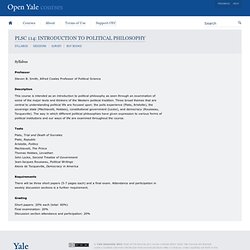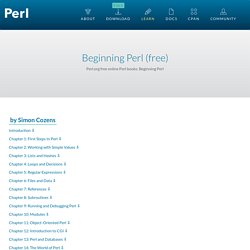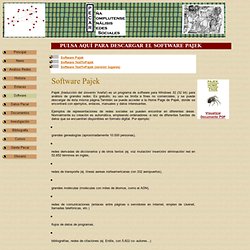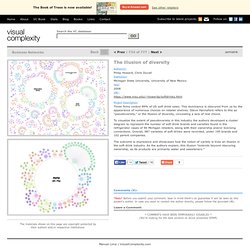

Introduction to Political Philosophy. About the Course This course is intended as an introduction to political philosophy as seen through an examination of some of the major texts and thinkers of the Western political tradition.

Three broad themes that are central to understanding political life are focused upon: the polis experience (Plato, Aristotle), the sovereign state (Machiavelli, Hobbes), constitutional government (Locke), and democracy (Rousseau, Tocqueville). The way in which different political philosophies have given expression to various forms of political institutions and our ways of life are examined throughout the course. View class sessions » Course Structure This Yale College course, taught on campus twice per week for 50 minutes, was videotaped for Open Yale Courses in Fall 2006. The Open Yale Courses Series For more information about Professor Smith’s book Political Philosophy, click here.
Course Materials Download all course pages [zip - 10MB] Video and audio elements from this course are also available on: UCINET Software. Beginning Perl (free) - www.perl.org. By Simon Cozens What does this book cover?

Installing Perl on Windows and UNIX Making use of online Perl resources like CPAN First principles in programming and the Perl syntax Working with files and databases Writing web pages in Perl Using Perl as an object-oriented language Book overview Perl is a well-established programming language that has been developed through the time and effort of countless free software programmers into an immensely powerful tool that can be used on pratically every operating system in the world. Perl started out as the "Swiss army knife" of computer languages and was used primarily by system administrators, but over time it's grown into an immensely robust language used by web-developers and programmers worldwide. 3ND. Single Variable Calculus.
Physics I: Classical Mechanics. Complex Systems home page. Analysis of Large Networks with Pajek. Software. El análisis de grandes redes de relaciones de pertenencia: generación de ficheros formato .net (Pajek) "Our patience will achieve more than our force.

" Edmund Burke 1. Introducción En el análisis de las estructuras sociales es fecundo examinar las relaciones entre individuos derivadas de la co-pertenencia a un mismo colectivo, así como las relaciones entre colectivos derivadas de la existencia de miembros comunes. La dualidad de las redes de individuos y de grupos derivadas de las matrices de incidencia ha sido puesta en evidencia por Breiger (1974). Estas relaciones no son, obviamente, las únicas que pueden analizarse, tanto entre individuos como entre colectivos, pero sí son, frecuentemente, aquellas sobre las que es más asequible la obtención de datos fiables. 2. 3. El uso de este programa es sencillo: pulsando el botón "+" al lado derecho de "Input files", se elige el fichero que se va a procesar. 4. Zeus's Affairs (launched) The illusion of diversity. Three firms control 89% of US soft drink sales.

This dominance is obscured from us by the appearance of numerous choices on retailer shelves. Steve Hannaford refers to this as "pseudovariety," or the illusion of diversity, concealing a lack of real choice. To visualize the extent of pseudovariety in this industry the authors developed a cluster diagram to represent the number of soft drink brands and varieties found in the refrigerator cases of 94 Michigan retailers, along with their ownership and/or licensing connections.
Overall, 987 varieties of soft drinks were recorded, under 195 brands and 102 parent companies. The outcome is impressive and showcases how the notion of variety is truly an illusion in the soft drink industry.
Coursera. Coursea courses. MIT courses to take. Areas del conocimiento. NETWORKS.